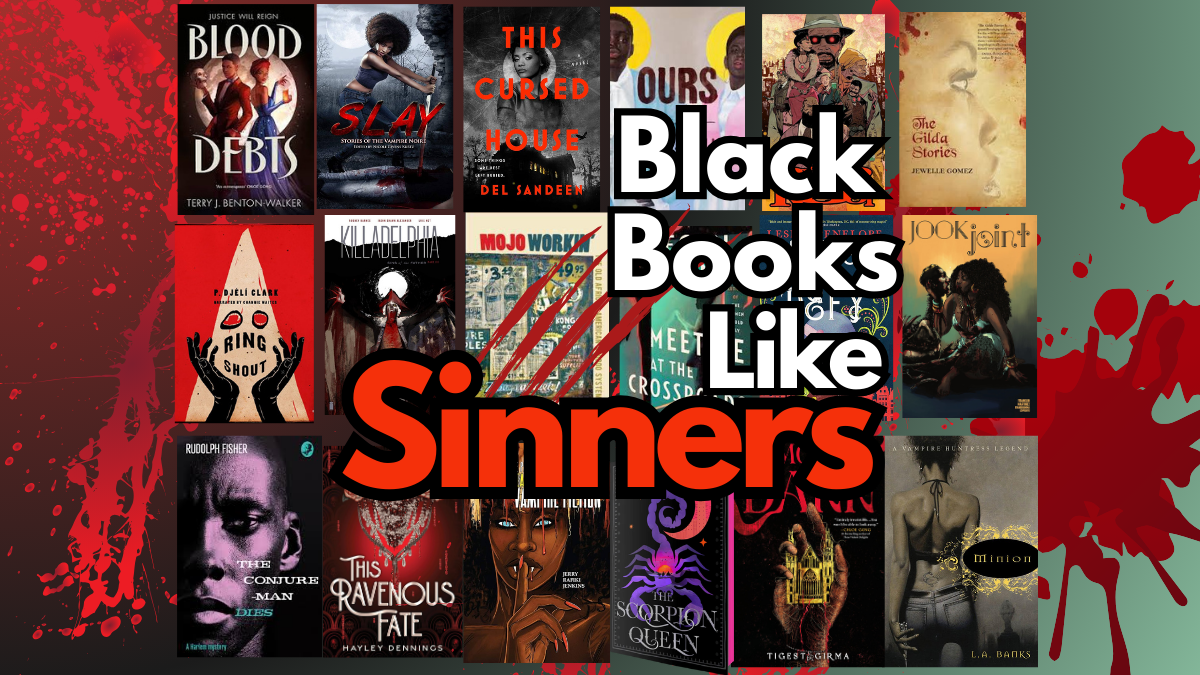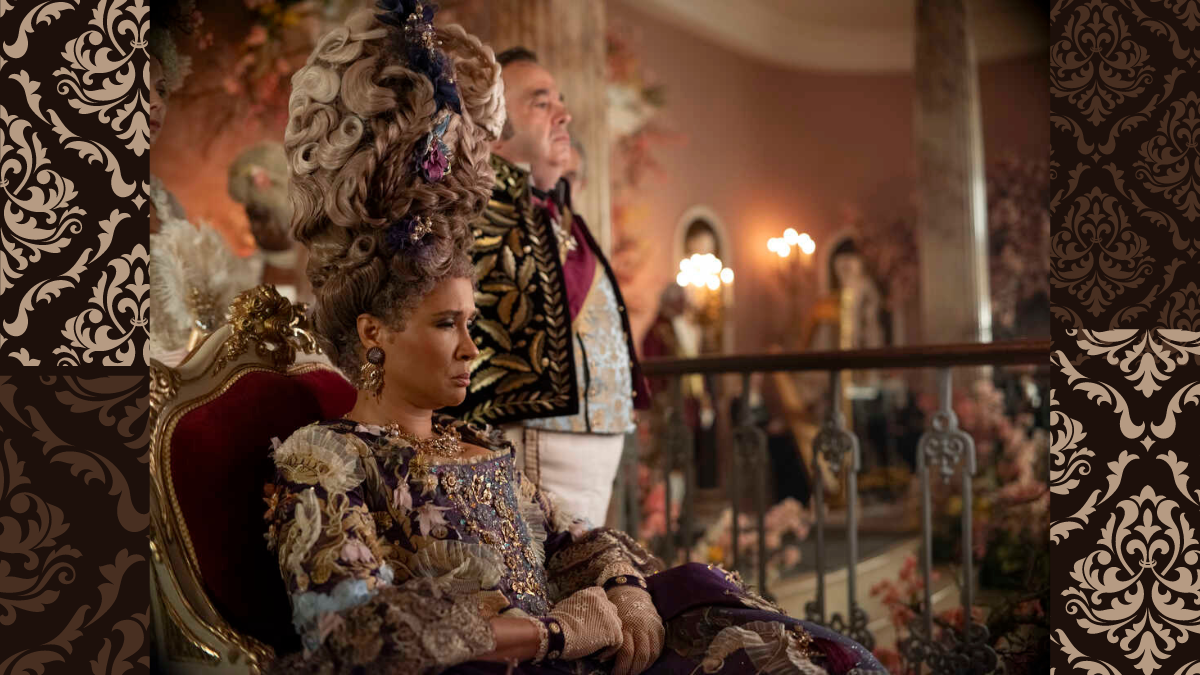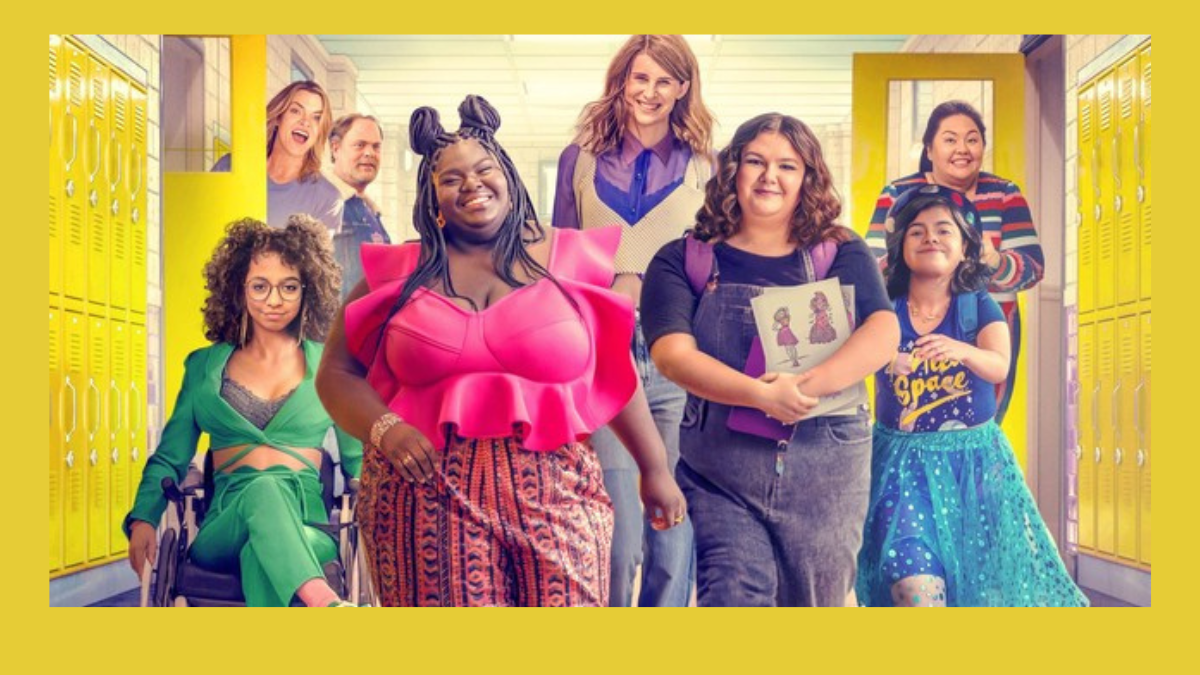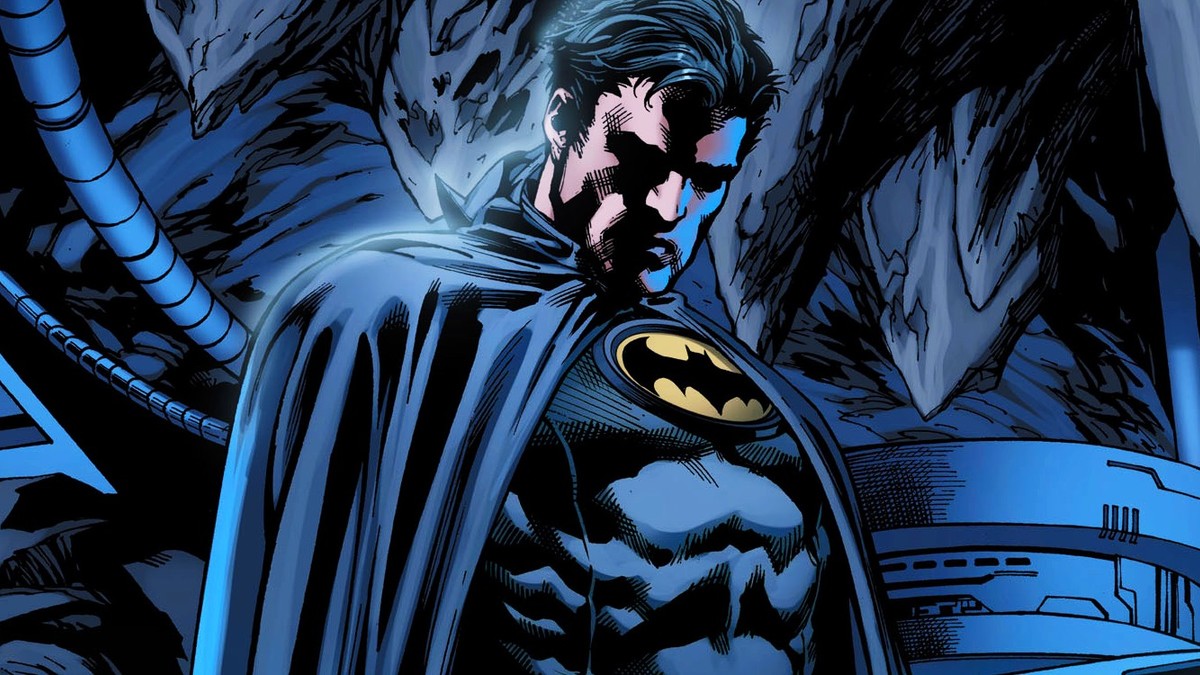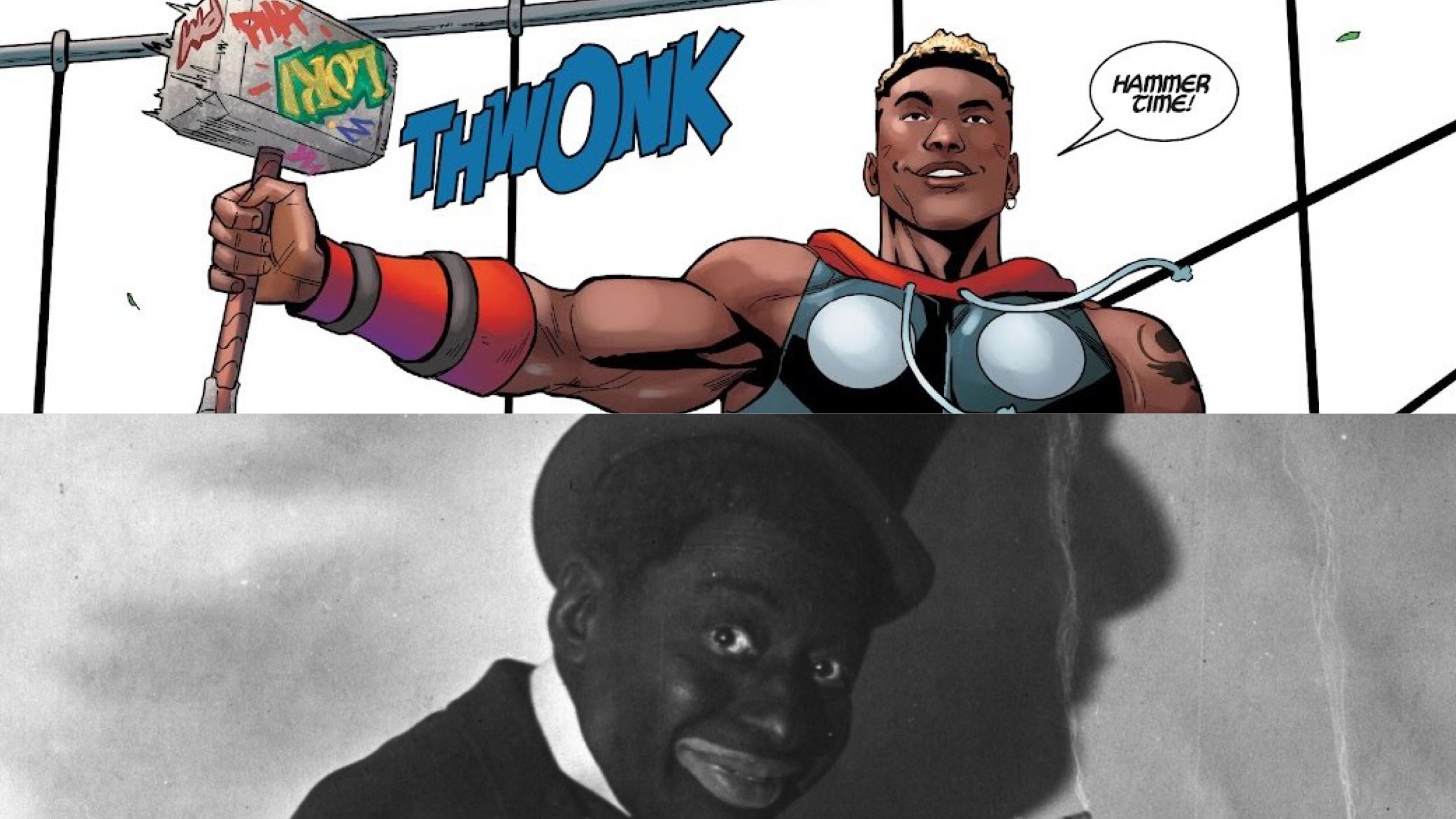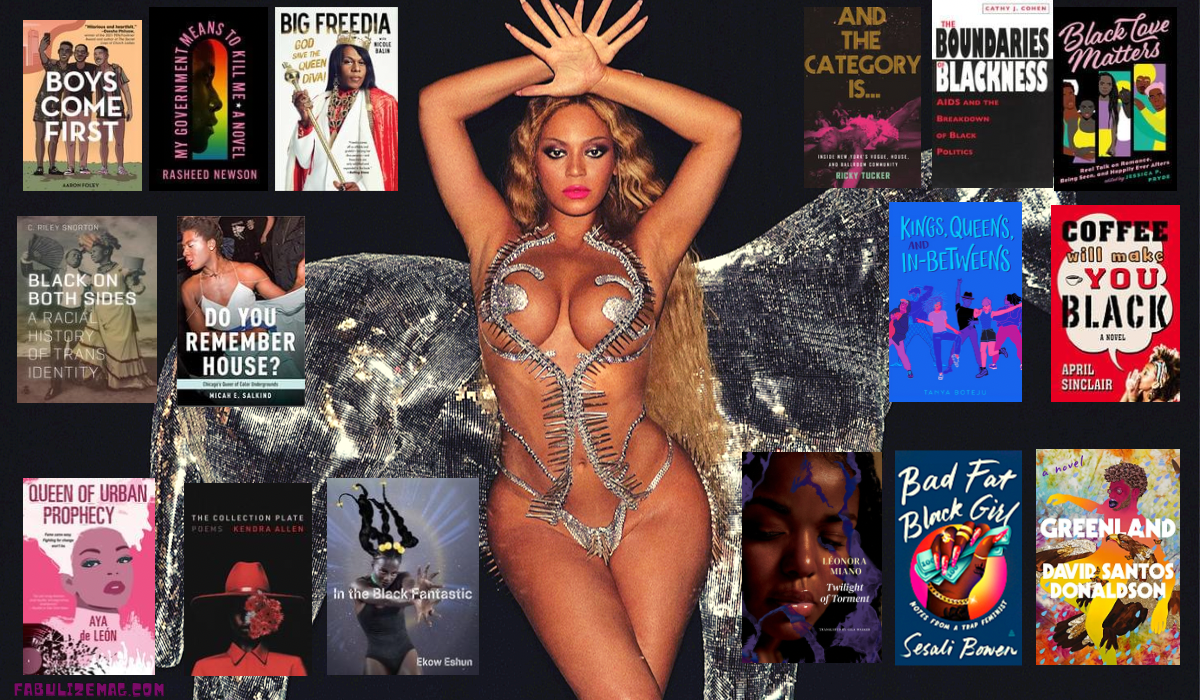Positive portrayals of police officers in media continue a false trend that the police are a force for good and that the system of policing is something what it truly isn’t.

There’s No Such Thing As a “Good” Cop
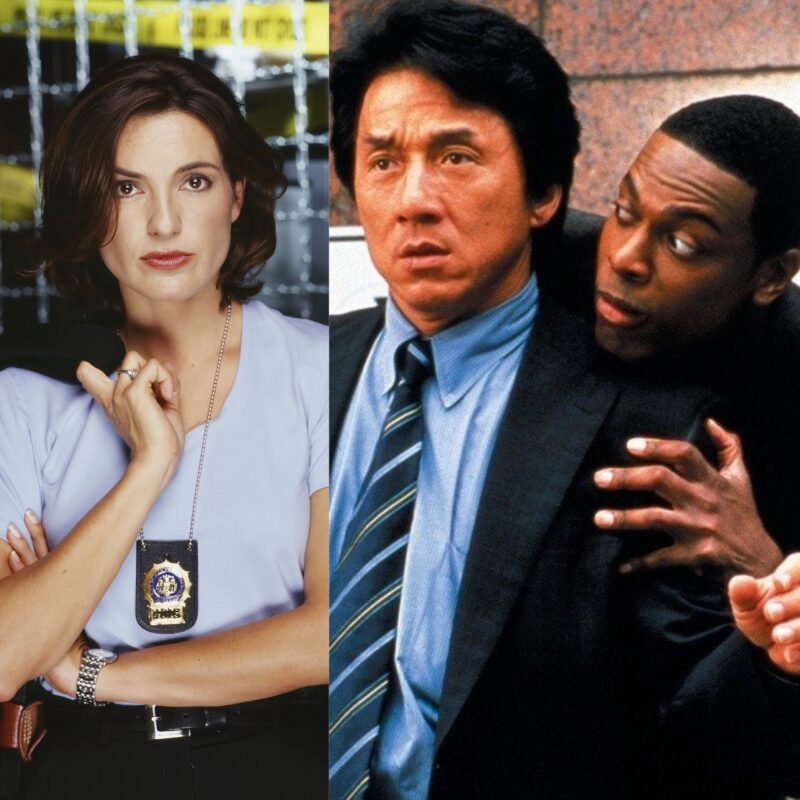
I would be lying if I said I never enjoyed my share of cop dramas and films starring heroic officers. SVU, Rush Hour, and the Bad Boys franchise come to mind. However, these portrayals, even if they also provide examples of more accurate police brutality or corruption, are still toxic. Heroic cop characters paint a false narrative that there are genuinely good cops, either hoping to change a corrupt system or a part of a “just” system with a few “bad apples”. The reason why good cops don’t exist is that the system under which they are trained and conditioned is intrinsically antiblack and meant to prioritize going after working and lower-class, darker people above all else.
While of course some white and upper-class people get arrested, police presence is felt the most and is the most aggressive in lower-income areas and among ethnic, namely Black, people. And some (Black) people might read this and think: well I haven’t had trouble with the police and never did anything wrong… To them, I say: good for you, but many others who look like you haven’t been so lucky. And of the Black innocent victims of police brutality we know of, trust and believe countless others exist and continue to without any fanfare or media exposure.
Heroes Don’t Need the Police to Be Heroes
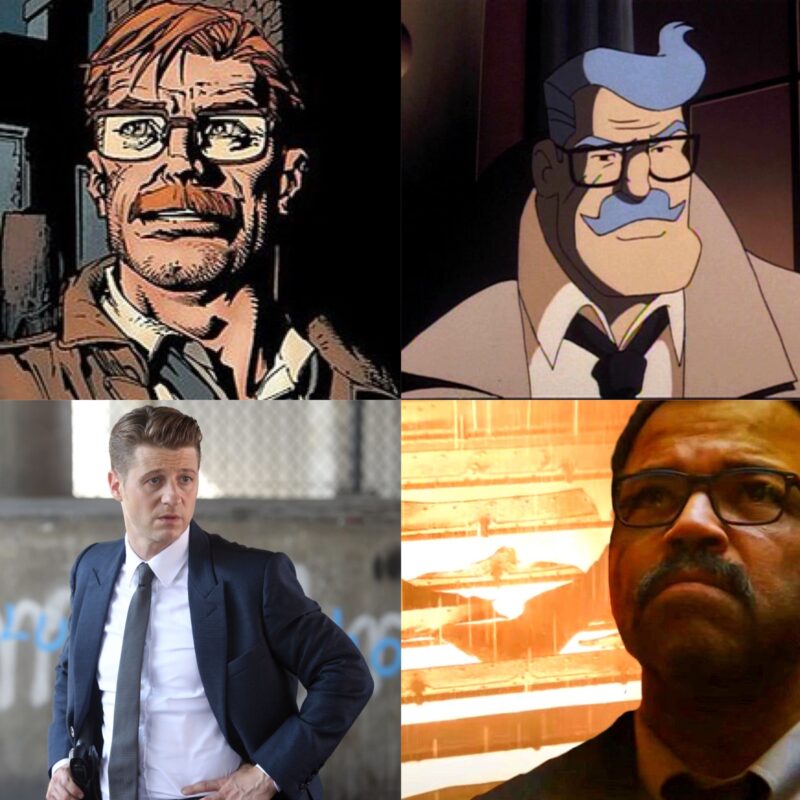
While on a pragmatic level, having a friend on the police force as a superhero would allow a myriad of access to investigation notes and tapes, not have the weight of the police force after you, and allow for other fringe benefits befitting the cops. The issue is that when it comes to superhero content, heroes shouldn’t need to rely on the police, especially since most times the police would be out of their depth in cases involving supervillains.
Jim Gordon has been a regular ally in Batman mythos for decades and is even the father of the original Batgirl (not Bat-Girl aka Bette Kane of the silver age, mind you, I know my stuff) Barbara Gordon. And while it is Batman working with Gordon that are among the main instances of displaying Batman’s detective skills and savvy, for he often plays off of Gordon his findings and determinations, this isn’t required. Batman can always, and certainly has, worked on his own or worked closely with Alfred to deduce clues, work riddles courtesy of the Riddler himself, and other things. Given how incredibly skillful and effective Batman is, let alone his limitless resources, he doesn’t need the police to do anything he does since he is, in fact, a masked vigilante, and the cops couldn’t do anything to stop him from doing what he does anyway.
But Batman himself and his methods of mostly beating the shit out of mostly working-class criminals in a bat suit on top of working with the police rather than using his resources as a Wayne to help end systems entirely is an article for another day. Let’s never forget Bruce Wayne is a rich, upper-class white cishet man with endless privilege who, while mentally ill, quite possibly needs crime to be alive to have a reason to beat people up at night. No more crime, no more Batman. Bruce could very well put a stop to a lot of factors that help create crime if he wanted to with his fortune alone.
Spider-Man and His History with the Police
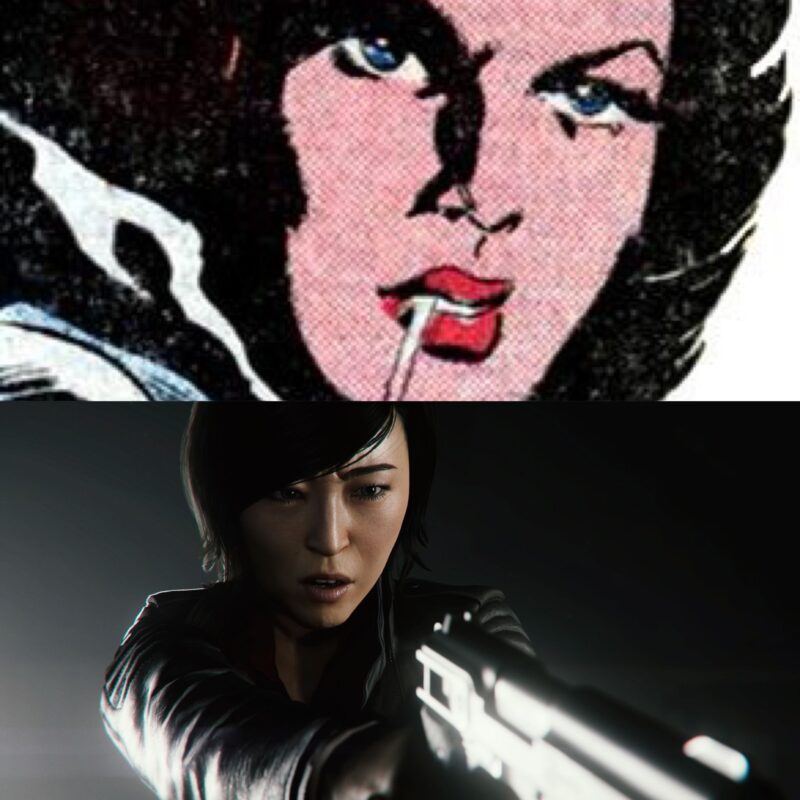
To my knowledge, and feel free to correct me if I’m wrong in the comments below, Spider-Man has always had a mixed reception with the police. Some officers, like civilians, adore Spider-Man and see him as a hero, while others believe the slander of the Daily Bugle and J. Jonah Jameson and see him as a menace. Spider-Man was famously distrusted by Captain George Stacy, the father of his ill-fated girlfriend at the time Gwen Stacy, who died before she did. Gwen herself, never learning Peter was Spider-Man, shared her father’s misgivings. But perhaps Spidey’s best-known cop-allyship was with equally ill-fated officer Jean DeWolff.
Jean DeWolff was in a lot of ways the Jim Gordon to Spidey’s Batman, with one key difference, she was eventually killed. DeWolff was killed by her partner who had become mentally ill and went after anyone he deemed a “sinner”, thus taking the identity of the “Sin-Eater”. He killed DeWolff, despite also being romantically involved with her because he realized the times she had bent the rules to help superheroes, particularly Spider-Man who was also her friend. DeWolff’s death and Spider-Man’s desire to avenge her were detailed in The Death of Jean DeWolff storyline.
In the comics it was DeWolff’s murder and the inadequacy of the police that led to her friend and fellow officer Yuri Watanabe quitting the force and becoming the vigilante known as the Wraith, using a mask from supervillain Chameleon to disguise her face under her mask as Wraith to look like DeWolff to terrify people that they were being haunted by DeWolff’s ghost, as her death had been well known by all of New York and the superhero community. In the video game Marvel’s Spider-Man, Watanabe essentially plays a role similar to DeWolff in that she is his longtime cop ally and friend on the force, but eventually in the City That Never Sleeps DLC she eventually becomes frustrated with Spidey’s lack of progress when her men are killed by the mobster known as Hammerhead. In the game proper, Watanabe and Spidey have a very close buddy-cop relationship where he insists she calls him “Spider-Cop” complete with his performing a stereotypical, gruff cop affectation. The wake of Black Lives Matter and further cases of police brutality made this direction a rather questionable choice in an otherwise excellent game. The game didn’t need Watanabe or any cop allies. And while cops quitting the force is always good, her reasons in the game had to do with Spidey rather than being upset with the force itself, which is also disappointing.
Toph, Lin, and the Beifong Legacy with Policing in the Avatar Universe
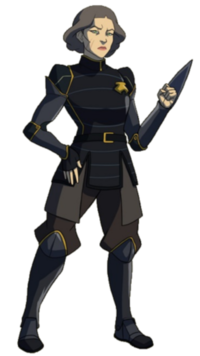
This will be a brief section, as I only saw one season of Legend of Korra in addition to the whole of Avatar: The Last Airbender. All I will say is that while Toph is forever a badass for inventing metal bending, it is such a shame that she would use it to establish a metal-bending police force later to be led by her daughter Lin. Much like the superhero genre, anime and other fantastical stories don’t need police forces, much like we don’t in real life. It is even less necessary when you have a whole damn avatar and any number of allies at a time to help stop evil.
Cops in the Horror Genre
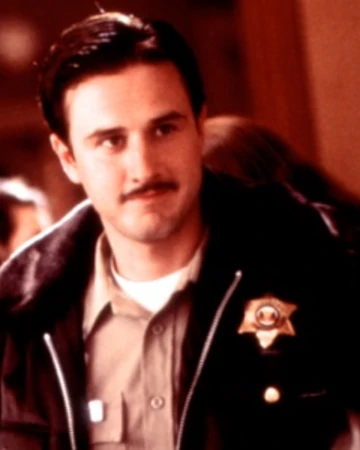
**Spoilers for Scream (2022) aka Scream 5 below**
Much like the superhero and anime/manga genres, cops are all but useless in the horror genre. We need entire films to have a killer going around killing people before maybe the killer gets caught and/or killed in the end. Most films, especially slashers, are reliant on cop characters being incompetent at their jobs, or else the movie would be over before it began. Dewey Riley of the Scream franchise is no exception and is essentially a bumbling idiot in the first movie in particular.
The horror genre as well as the superhero genre often seem to prefer romanticizing cops as heroic or at the very least necessary, whether accomplishing anything or not. It is not often, to my knowledge anyway (again, let me know down below) if any killers in some of these films turned out to be cops or had help from the cops, which in real life would not be exactly unrealistic, since we know police corruption exists and that cops can be bought or bribed to look the other way if one has the money to do so. All that being said, while Dewey was retired from the force and thus not a sheriff anymore, he was law enforcement for the vast majority of his appearances, and so even in his death where he was honored, it was copaganda.
What Often Happens in Real Life…
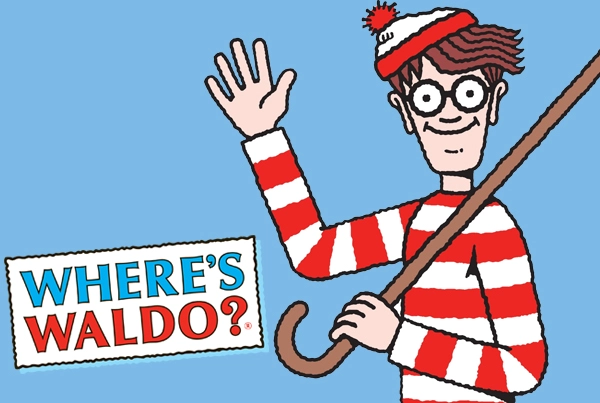
Another major lie about copaganda is the idea that the police are these consistently heroic, ever-present, brave figures always on time. They always show up and they always save you or at the very least stop the ‘bad guy’. But if you live in a major city, you probably are aware that, more often than not, you can call 911 and get a busy signal, or an automated message telling you your call cannot be completed. Even if you manage to get a hold of dispatch, it could be hours at best for any police to show up, and at worst they might not show up at all. I don’t know how overworked/understaffed police forces are in major cities that account for these issues, but when the victim is also Black seeking police assistance, there is also the added rational fear of what if I’m mistaken for the perpetrator? What if the police don’t believe my story? What if they want to arrest me instead? While these things may not happen to every Black or ethnic person all the time, it has and certainly can.
And our media and fiction ought to be more honest, more often, about cops that fail to appear and 911 that doesn’t pick up. In the final season or so of the U.S. version of Shameless, we meet a cop character mentoring prospective young cop Carl, who deliberately stays in his squad car and ignores danger as a form of self-preservation. Even worse than the inherent antiblackness and powertrips cops have, they can also be willing to just coast by as even people who do believe in them or want to, wait in vain for the help that very likely will not come if they live in intercities or very large cities in general where lots of crimes take place. It’s a wonder why many citizens opt to rather remain vigilant and be prepared to rescue themselves in the face of danger, because who has time to listen to a busy signal when their life is in immediate peril?
In Conclusion
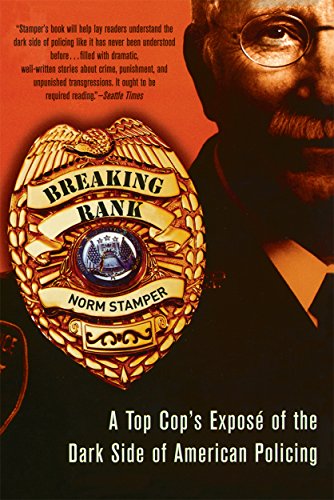
If we cannot be more honest with how cops and the police system are, we need to do away with any and all cop depictions overall. We have no use for positive portrayals of cops or police brutality and corruption being isolated incidents. If community patrolling can work for some communities, why can’t it work for others? There could also be a better solution than that. However, policing as it exists now is a system that works perfectly to funnel Black and brown bodies into the prison industrial complex and also brutalize other ones.
Breaking Rank is an excellent read by a former cop who decided to expose the terrible truth behind policing and the method in which police officers are trained to target Black bodies as the bad guy first and foremost. Many of us knew it was bad, but almost none of us knew exactly how bad it truly was, and so the man who wrote the book also apparently had to go into hiding for airing out the system’s dirty secrets for any of us to learn about. When someone tells you blue Lives Matter or that some cops are good, be sure to direct them to the book.
Copaganda is a lie and a farce. The police are not heroes and the system is designed for one express purpose. Don’t claim to care about Black lives or to care if you also see no issue with policing as it truly is, or if you don’t care that narratives continuing to promote them as just or good reinforce toxic ideals of cops being the good guys and that Black lives only end because they don’t comply. Look at the facts, even if we comply we can still mysteriously get hurt…
